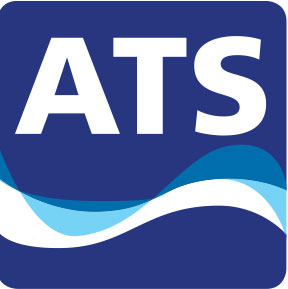Since the massive fatberg found in Wales took the mainstream media by storm, the topic has been making the rounds on the blogosphere – ours included. FOG and other things dumped down the sink or toilet result in the accumulation of sludge, which then backs up in the sewer system. In the past, wastewater enzymes were the go-to for wastewater treatment, however, in most major municipalities, this method results in disrupting a sewage treatment plant by shifting its pH or introducing the wrong enzyme, according to the Municipal Sewer & Water Magazine. Read on to learn why the use of enzymes is now illegal by businesses.
Other Problems with Using Wastewater Enzymes
Back in 1957, the United States Department of Health, Education and Welfare stated, “There are no known chemicals, yeasts, bacteria, enzymes or other substances capable of eliminating or reducing the solids and scum in a septic tank.” The Environmental Protection Agency agreed. According to the EPA, some products accelerate system failure by allowing solids to clog up the dispersal system. While the products claim to remove sludge, in reality, they just move the sludge to further down the sewer system. When this occurs, it creates an environmental and health hazard when they pass through onsite wastewater treatment systems.
A good example is for RV, boat and mobile home owners and park operators dumping illegal waste into a holding tank that then travels through the wastewater treatment system. The chemicals and their by-products flow to the soil, groundwater, and even nearby surface waters. They also corrode treatment system parts, which creates a safety hazard as well.
Businesses may not know about the regulations, so it’s difficult to enforce the law. However, many cities in the U.S., U.K., and Canada don’t recommend grease trap cleaning using grease trap enzymes because it liquifies and rehardens downstream of the grease trap. It’s expensive to clean and repair the traps as well. The state of Washington banned the use of septic tank additives, such as bleach, drain cleaners, and disinfectants, because of system failures. It kills all the healthy bacteria in the tank and puts the septic system in jeopardy.
The Alternative to Wastewater Enzymes
So, if you can’t use enzymes, and some chemicals are harsh on infrastructure, what other alternatives are out there? In an answer to your question, we invite you to consider using a program that uses microbiology, such as what we use here at ATS Innova. Our effective and affordable Innova MB product line implements recent advancements in bioaugmentation science which result in vast improvement in bacteria culture applications.
Our proven formulas increase floc formation and settling characteristics while decreasing COD/BOD levels. We also:
- Reduce odor generation from volatile fatty acids, hydrogen sulfide, ammonia, mercaptans, and other amines
- Improve plant performance
- Decrease FOG
- Reduce Solids buildup
- Decrease Lift station corrosion
- Reduce sludge
- Improve digestion, and more
We specially-designed our products for use in grease traps, sludge tanks, lift stations, ponds and lagoons, and sewer systems.
ATS Innova Can Help with Compliance
When it comes to EPA regulations and other environmental requirements, our water experts know their stuff. They will sit down with you and go over your concerns and/or questions. Contact us for your FREE plant analysis and learn how we reduce costs and eliminate your ongoing maintenance headaches using our Innova MB products. Call us at 855.215.4600 today!



